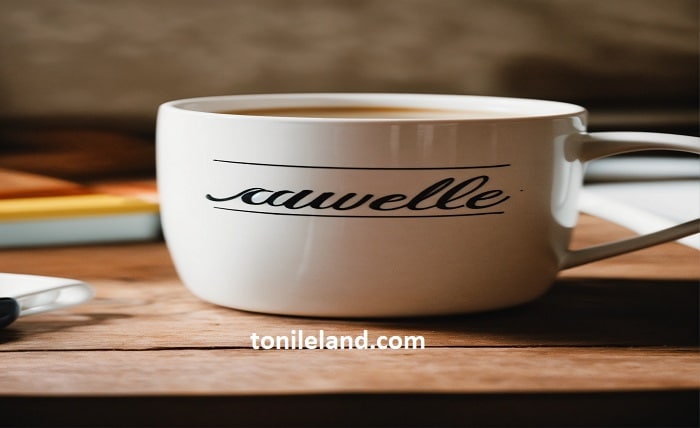Mastering the Art of Saying Thank You in German

Whether you’re planning a trip to Germany, brushing up on your language skills, or simply expressing gratitude to a German speaker, knowing how to say “thank you” is essential. But wait, there’s more to it than just “Danke”! Dive into the diverse ways to express your appreciation in German, from casual greetings to formal expressions.
The Versatile “Danke”: Your Go-To Phrase
Start with the classic “Danke,” pronounced “dan-keh.” This all-purpose “thank you” works in most situations, casual or formal. It’s simple, universally understood, and always appreciated.
Taking it Up a Notch: Adding Nuance with “Schön”
Adding “Schön” (pronounced “shön”) after “Danke” amplifies your gratitude. “Danke schön” translates to “thank you very much” and shows a deeper level of appreciation.
The Basics: More Formal Expressions
For formal occasions, consider these options:
Vielen Dank: This translates to “many thanks” and conveys a stronger level of formality than “Danke schön.”
Herzlichen Dank: Meaning “heartfelt thanks,” this expression shows sincere gratitude in formal settings.
Ich danke Ihnen: Used primarily with someone you address as “Sie” (formal “you”), this translates to “I thank you.”
Cultural Nuances: Regional Variations and Gestures
While “Danke” and its variations are widely understood, regional variations exist. In southern Germany, you might hear “Grüß Gott” (meaning “greet God”) as a casual greeting and thank you. Additionally, a slight bow or nod often accompanies verbal expressions, especially in formal situations.
Going the Extra Mile: Contextual Expressions
Take your gratitude to another level with context-specific phrases:
- Für Ihre Mühe: Thank you for your effort.
- Das ist nett von Ihnen: That’s kind of you.
- Ich bin Ihnen sehr dankbar: I am very grateful to you.
- Kein Problem: You’re welcome (literally, “no problem”).
Practice Makes Perfect: Mastering the Art of Gratitude
Remember, the most important aspect is sincerity. Practice pronunciation, experiment with different expressions, and don’t be afraid to make mistakes. Germans appreciate the effort to speak their language, and your genuine gratitude will always shine through.
Conclusion
Expressing gratitude is a universal language, and German offers diverse ways to show your appreciation. With a little practice and cultural awareness, you’ll be saying “Danke” like a pro, leaving a positive impression on German speakers and strengthening your language skills. So, go forth, spread gratitude, and remember, a genuine “Danke” can go a long way!
FAQ
- Q: Are there any informal ways to say “thank you” in German?
A: Absolutely! Depending on the region and context, you can use casual expressions like “Danke dir” (Thanks to you), “Super” (Great), or even a simple “Cool!” in informal settings with friends or family.
- Q: What if I forget the exact phrase?
A: Don’t worry! A sincere smile and a gesture like a nod or thumbs-up will still convey your gratitude. Germans appreciate the effort, and most will be happy to help you with the correct phrasing.
- Q: Are there any other cultural nuances to remember?
A: While Germans generally appreciate directness, expressing thanks excessively might feel unnecessary in some situations. Pay attention to social cues and avoid overwhelming someone with gratitude.
- Q: Where can I find more resources to learn German?
A: Many online platforms and mobile apps offer language learning tools, including pronunciation guides and cultural insights. Additionally, consider enrolling in a German course or joining a language exchange group for immersive practice.




